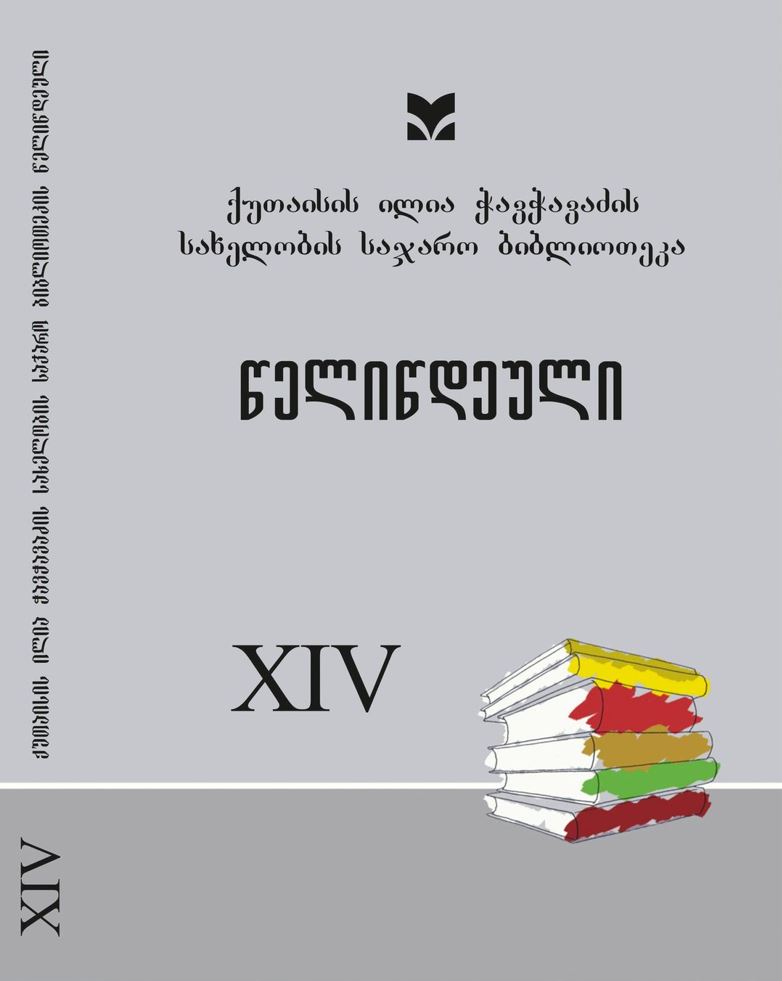The Speeches of Bolsheviks in Abkhazia during the Time of the Democratic Republic (Based on the Perspective of Kutaisi Press)
DOI:
https://doi.org/10.61491/yk.14.2022.6983Keywords:
Russian policy in Georgia, Abkhazia in the 10s of the 20th century, Anti-Bolshevik speeches in AbkhaziaAbstract
In 1918-1919, a volatile situation unfolded in the region surrounding Georgia, as the newly independent nation faced challenges from both Russia and internal disruptions. Among the various factions, the Abkhaz separatists emerged as a particularly active group, advocating for the independence of Abkhazia and expressing dissatisfaction with the autonomy agreement previously reached with the representative of the People›s Council of Abkhazia. The Georgian society closely monitored these developments, relying on periodicals such as „Our Country“, „Social-Democrat“, and „People›s Friend“, which were published in Kutaisi and provided regular updates on the unfolding events.
During this period, the Bolsheviks, led by Lakoba, and the White Guards, under the command of General Denikin, together with a volunteer detachment, became increasingly active. In response, the Georgian government dispatched General Mazniashvili with a sizable army to confront them. Although the battles against the Red Army and the Volunteer Army proved challenging, General Mazniashvili achieved some successes in the struggle for Abkhazia. Efforts were made to negotiate an agreement between the conflicting parties, and a meeting took place on September 25, 1919, attended by Denikin, Alekseev, Romanovsky, as well as representative from the Georgian side, including Evgeni Gegechkori and Giorgi Mazniashvili. During the meeting, Russian generals laid claim not only to the Sochi Mazra but also to the Gagra district, rendering a mutual agreement unattainable.
Subsequently, the British military mission assumed the role of an arbitrator, but their attempts to restrain Denikin proved ineffective. The Georgian government repeatedly appealed to the British military mission, albeit without success. Eventually, Denikin's army was defeated by the Red Army, and Abkhazia became part of the Socialist Republic of Georgia in the form of autonomy.




